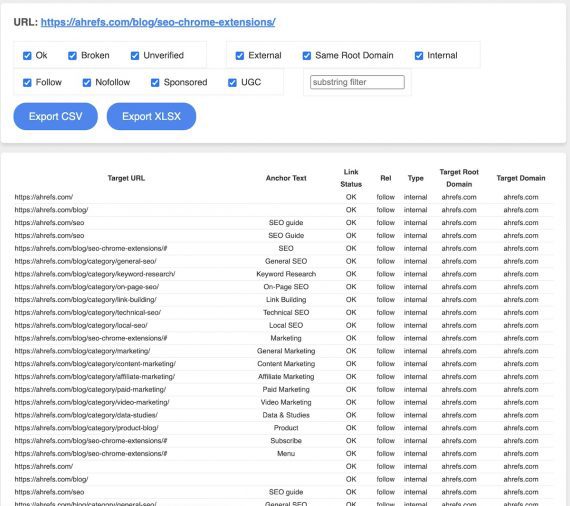
Amazon, for example, is already offering shoppers slower shipping options that consolidate more items into each box. The idea is that a relatively fuller box with several items delivered on a single day has less environmental impact than delivery on separate days.
With tighter budgets, shoppers may turn to online marketplaces and retailers sooner rather than later this holiday season to save money on shipping and reduce the environmental impact. Front-loading Christmas giving may not save money, but even the perception alone could drive some early sales.
Thus a shopper who might usually wait for Black Friday (November 25, 2022), Cyber Monday (November 28, 2022), or even Super Saturday (December 17, 2022) to buy gifts could shift some of those purchases into October or earlier to blunt Christmas shopping’s budgetary blow.
The U.S. Consumer Price Index has been rising faster than some economists expected. Shoppers are paying much more for necessities such as food, energy, and household goods.
Inflation may also cause shoppers to be more budget-conscious this holiday season and spread out their purchases rather than buy everything at once.
Tight Budgets
In a recent report, Rob Garf, vice president and general manager of retail at Salesforce, stated, “Inflation has finally caught up to bullish spending, with consumers buying fewer items from fewer retailers. This likely isn’t a temporary mindset but a signal of a larger consumer behavioral shift towards value and convenience. For retailers to address this, it’s not about physical versus digital, but rather finding ways for channels to work symbiotically to attract and retain loyal shoppers.”
Shoppers who are environmentally conscious and concerned about inflation might purchase gifts in advance to save on shipping and lessen the climate effect.
On August 10, 2022, the U.S. Bureau of Labor Statistics reported that in the previous 12 months — through July 2022 — the prices Americans pay for all items had risen 8.5%.
Ecommerce
Savvy marketers at retailers and direct-to-consumer brands may already anticipate inflation-based drivers. They could give shoppers early access to holiday deals or add buy now, pay later options to ease budget concerns.
Early holiday shopping may have even impacted Amazon’s 2022 Prime Day. The company’s two-day sale generated some .9 billion in sales, an 8.5% increase over 2021’s event. Some in the retail industry believe that inflation-wary shoppers brought forward their gift-buying to take advantage of Amazon’s deals.
To this point, a Salesforce survey last month found that about 37% of American shoppers and 42% of global buyers planned to start buying presents earlier because of inflation.
Early Sales
With prices rising, some shoppers may decide to buy their Christmas gifts earlier this year while costs are still relatively lower.






